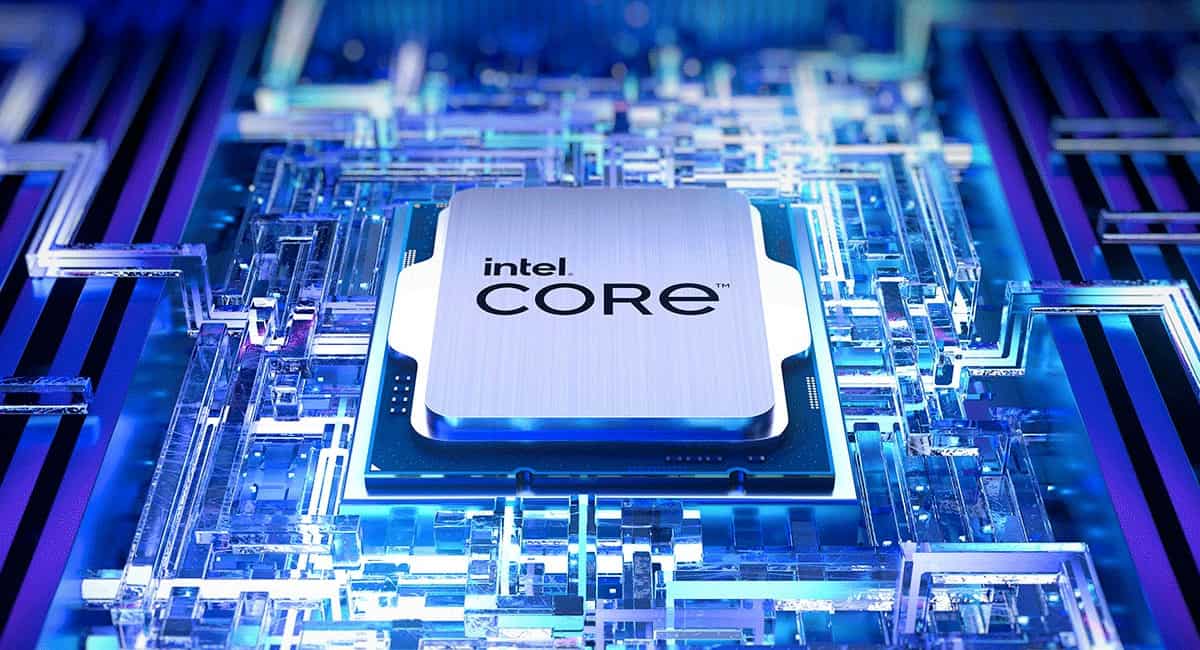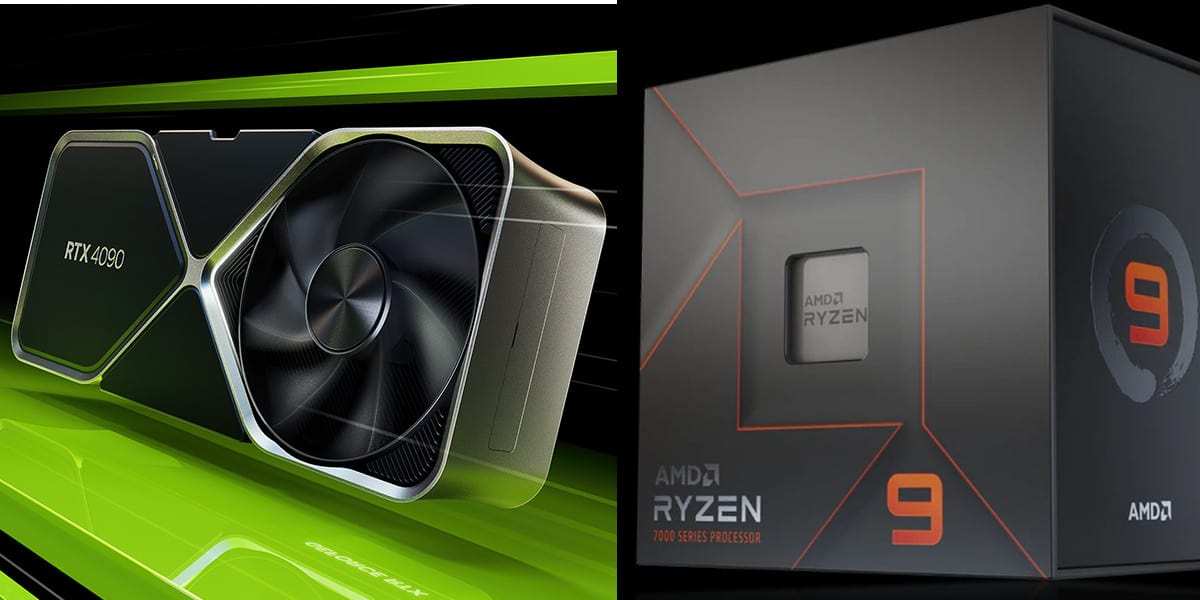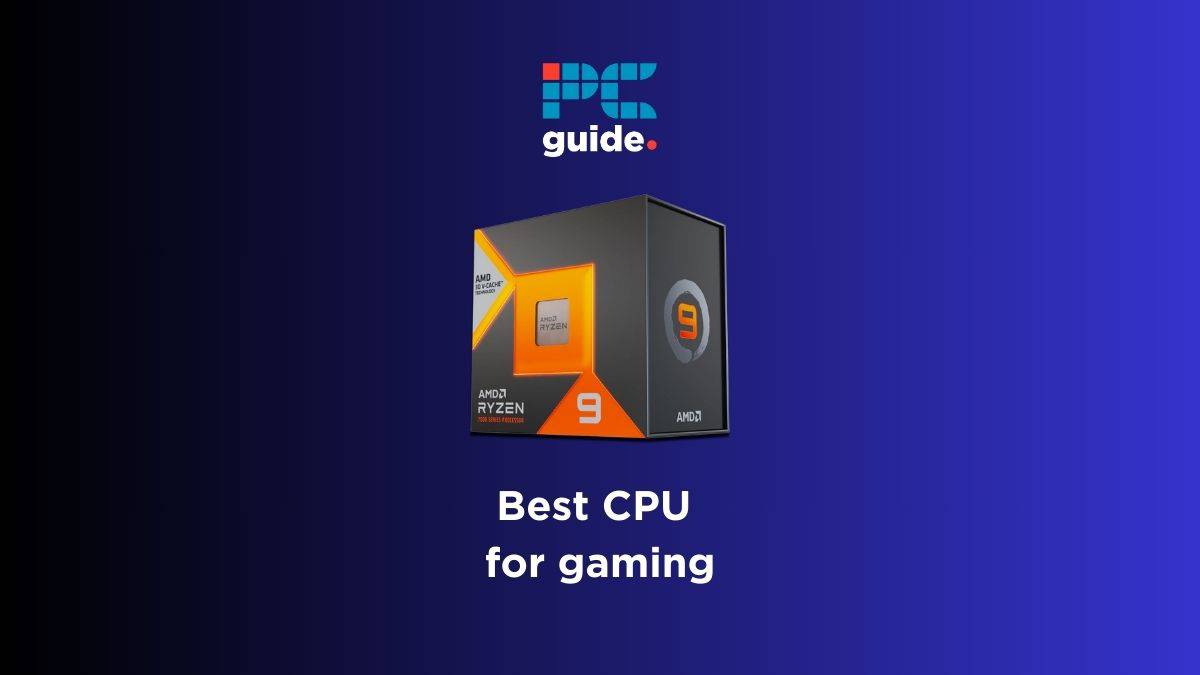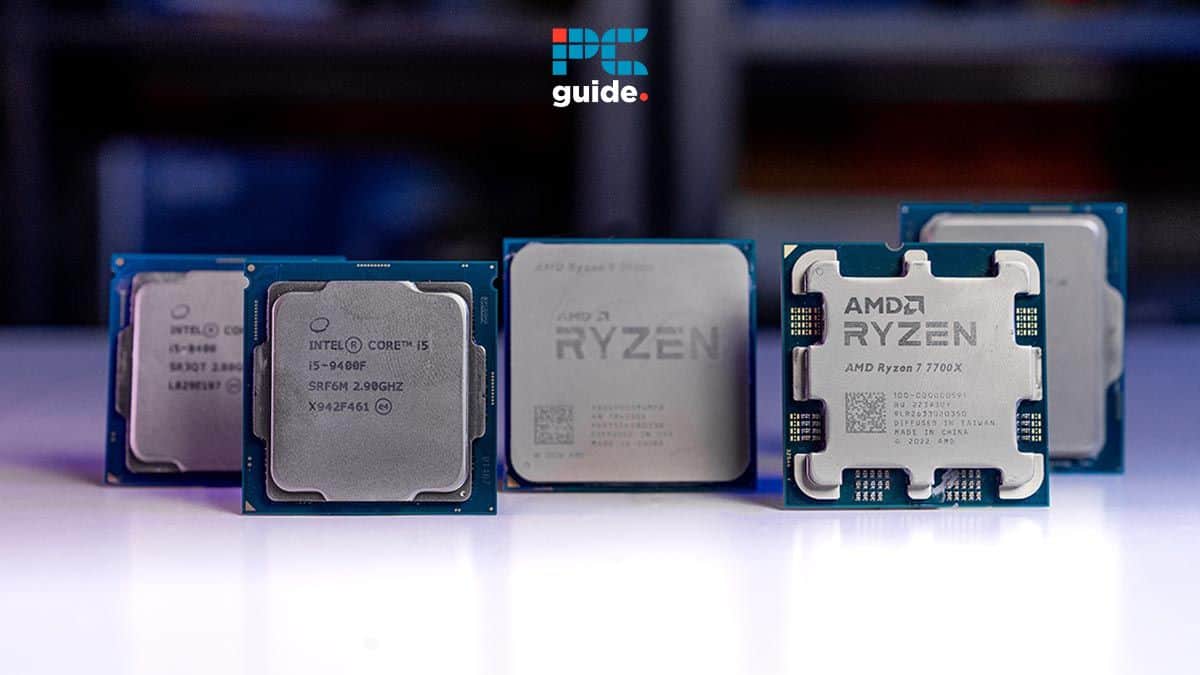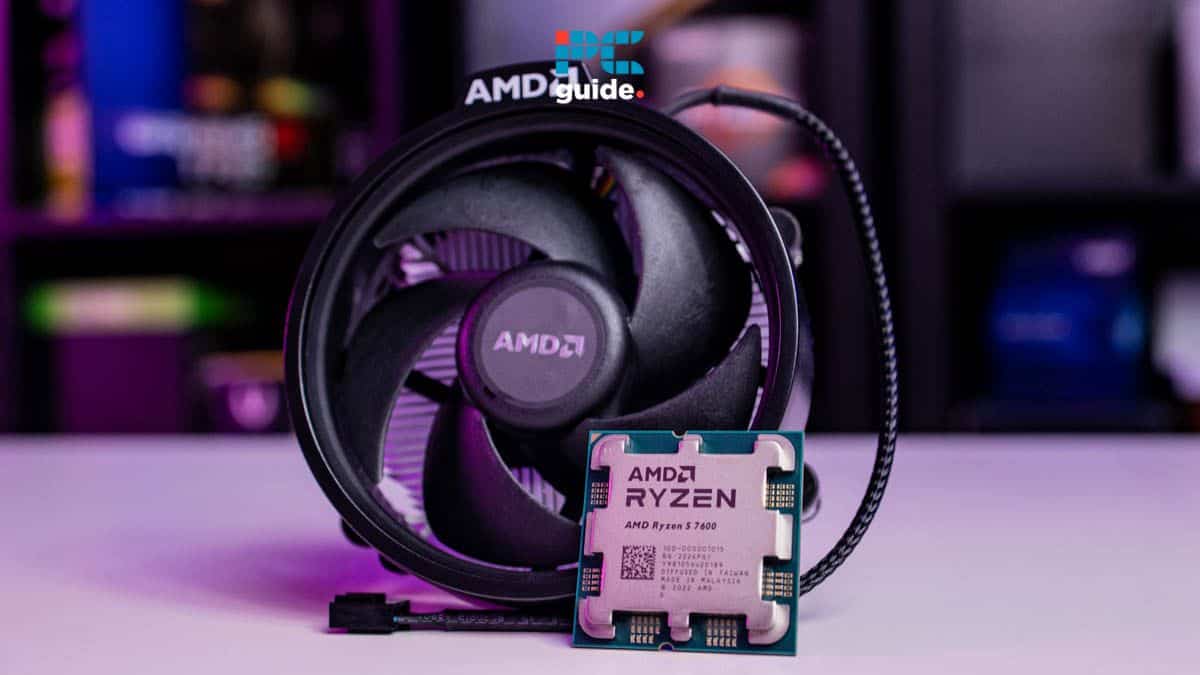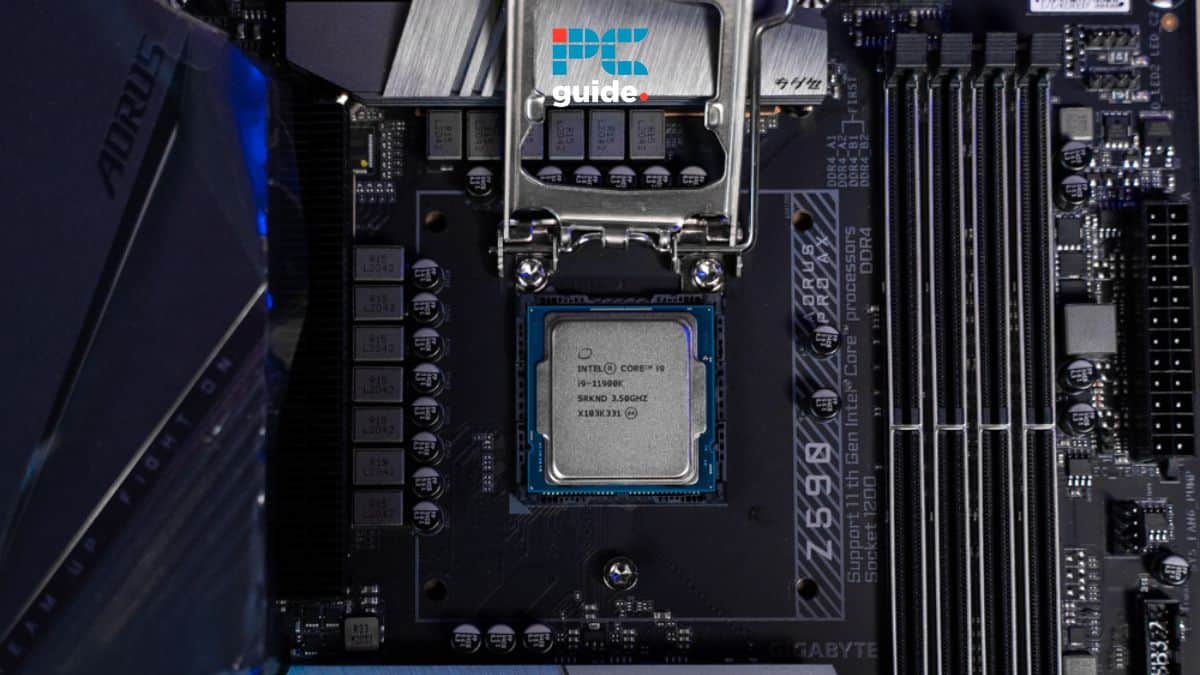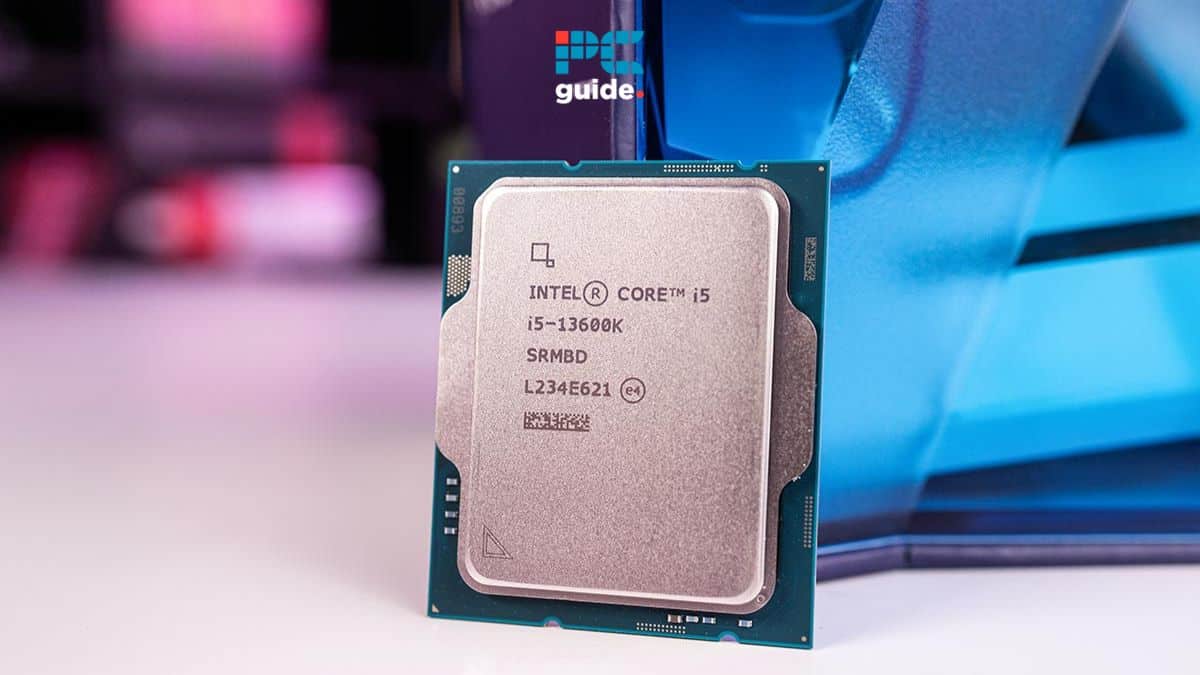We’ve already covered in a previous article that the new Intel 13th Gen will use the same LGA 1700 socket as the previous generation, and will only need a BIOS update to run on Z600 motherboards.
In the same vein, 13th Gen Raptor Lake will also support PCIe Gen 5 (up to 16 lanes) and Gen 4 (up to 4 lanes).
Does Intel 13th Gen support PCIe Gen 5?
In fact, Intel 13th Gen CPUs will support both PCIe 4.0 and PCIe 5.0, which secures a lower total expense to add this upgraded processor to your desktop.
Following Intel 13th Gen’s release on October 20th, you won’t need to make a ton of changes to buy into the new hardware.
The largest motherboard manufacturers, including Asus, Gigabyte, ASRock, and more, announced support for Raptor Lake’s debut and will launch a BIOS update so the new chip will run smoothly on both Z600 and Z700 chipsets.
Likewise, Intel 13th Gen will increase its DDR5 support to a total of 5600, quite a massive improvement compared to the 4800 on 12th Gen processors. Intel also announced that it will continue supporting DDR4 up to 3200. This is solid proof of Intel’s intent to bring balance back and move toward the gaming realm.
Via this extreme range of compatibility and accessibility, Intel ensures to keep the investment into Rapotor Lake adoption at a relatively lower price point overall. Intel is approaching the new family of CPU releases markedly well in contrast to competitors like AMD, which ditched DDR4 in its Ryzen 7000 series.
We’re looking forward to getting our hands on Intel’s new Gen 13th processors and experiencing their upgraded performance metrics.
Now that widespread compatibility has been confirmed, a lot of experiments and reviews should be expected. Let’s just hope, for the best of us, that the changes become real and that other brands stick to the path forged by Intel.
- Read more about Intel 13th Gen


